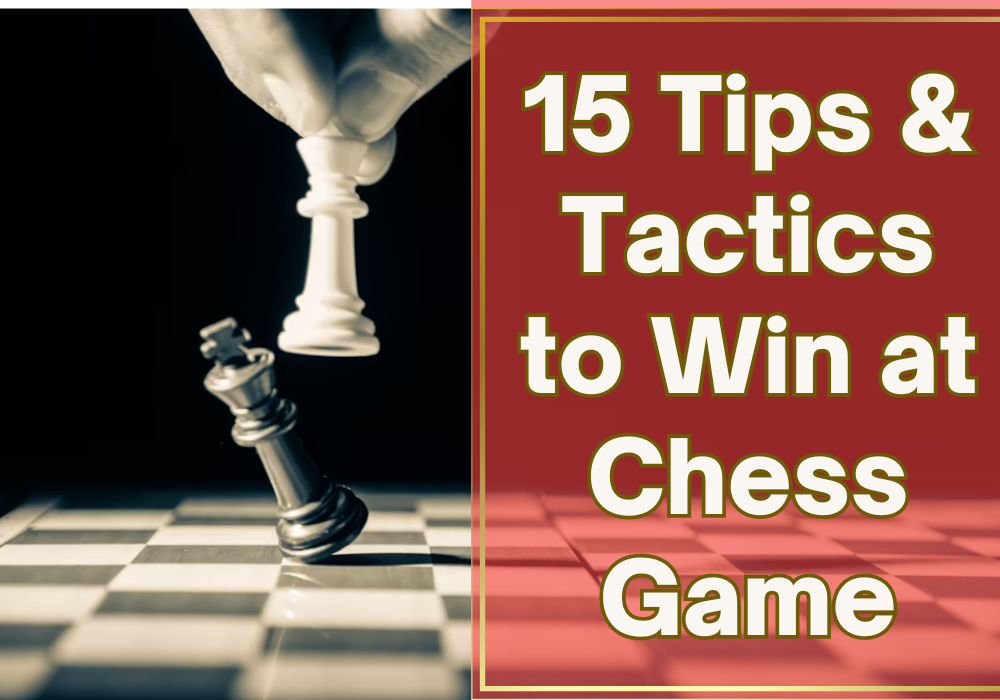

Lowest Price Guaranteed

Handmade Exceptional Quality

Subscribe to our newsletter
Be the first to hear about special offers

Mastering chess requires a blend of strategy, tactics, and foresight. Here are some tips and strategies to help you improve your game:
Control the Center: Aim to control the central squares of the board (d4, d5, e4, e5). This provides greater mobility for your pieces and enables you to exert influence over the entire board.
Develop Your Pieces Early: Bring out your knights and bishops in the opening phase of the game. Develop them into active squares where they have the most influence.
Castle Early: Castling is crucial for the king's safety. It connects your rooks and moves your king to a safer position. Aim to castle early, usually within the first ten moves.
Connect Your Rooks: Before launching major attacks, connect your rooks by moving your king to safety and activating both rooks along open files or semi-open files.
Think Ahead: Anticipate your opponent's moves and plan your strategy accordingly. Consider potential threats and opportunities with each move you make.
Control Open Files: Occupy or control open files with your rooks. This allows them to exert pressure along the file and potentially infiltrate your opponent's position.
Maintain Piece Harmony: Coordinate your pieces to work together harmoniously. Avoid leaving any pieces inactive or poorly placed.
Pawn Structure: Pay attention to your pawn structure. Avoid creating weaknesses, and aim to control key squares with your pawns.
Create Outposts: Establish strong outposts for your knights, especially in your opponent's territory. These squares should be supported by pawns and not easily challenged by enemy pieces.
Recognize Patterns: Study common tactical patterns such as forks, pins, skewers, and discovered attacks. Recognizing these patterns will help you spot opportunities to gain material or launch an attack.
Evaluate Exchanges: Before making exchanges, evaluate whether they benefit your position. Consider factors such as material balance, pawn structure, and the resulting position.
Stay Flexible: Adapt your strategy based on the changing dynamics of the game. Be prepared to adjust your plans as the position evolves.
Study Endgames: Endgame knowledge is essential for converting advantages into wins. Study basic endgame principles and practice endgame scenarios to improve your skills in this critical phase of the game.
Analyze Your Games: Review your games to identify mistakes and missed opportunities. Learning from your own games is one of the most effective ways to improve.
Practice Regularly: Like any skill, improving at chess requires regular practice. Play games, solve puzzles, and study chess literature to enhance your understanding and proficiency.
By incorporating these tips and strategies into your gameplay, you'll gradually improve your chess skills and enjoy greater success on the board. Keep practicing, stay patient, and enjoy the journey of chess mastery! 🌟♟️